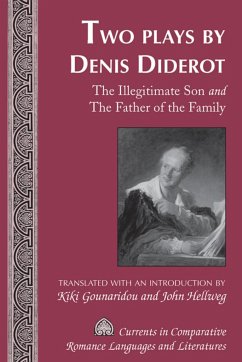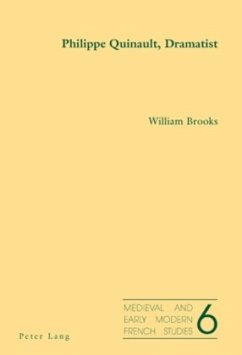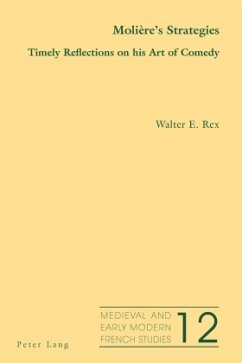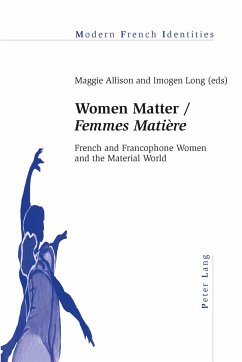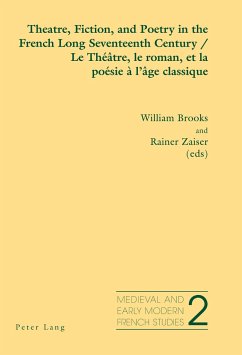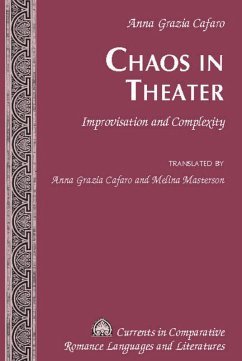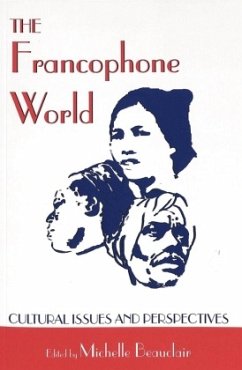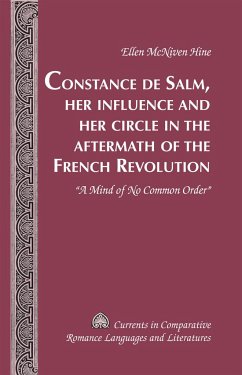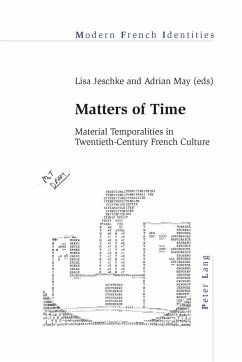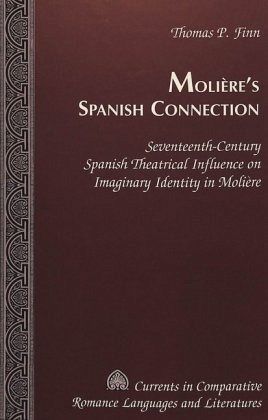
Molière's Spanish Connection
Seventeenth-Century Spanish Theatrical Influence on Imaginary Identity in Molière
Versandkostenfrei!
Versandfertig in 6-10 Tagen
57,95 €
inkl. MwSt.

PAYBACK Punkte
0 °P sammeln!
Part of the enduring charm of Molière's characters stems from their insistent belief, in the face of overwhelming odds, that they can be whatever they choose. This idea of identity as a mercurial and resilient force is one Molière was able to expand and explore largely because of his knowledge of early-seventeenth-century Spanish theatre. While the impact of Italian and Latin sources has been well documented, in this volume, Thomas P. Finn offers socio-historical as well as textual analyses to trace the comedia 's influence on Molière's concept of identity. Through an in-depth study of spec...
Part of the enduring charm of Molière's characters stems from their insistent belief, in the face of overwhelming odds, that they can be whatever they choose. This idea of identity as a mercurial and resilient force is one Molière was able to expand and explore largely because of his knowledge of early-seventeenth-century Spanish theatre. While the impact of Italian and Latin sources has been well documented, in this volume, Thomas P. Finn offers socio-historical as well as textual analyses to trace the comedia 's influence on Molière's concept of identity. Through an in-depth study of specific works and general trends, he shows how Molière reworked and reinvigorated the Spanish process of identity construction and distribution. By examining this neglected aspect of Molière's work, Finn's study exposes identity largely as a product of the imagination that individual as well as societal forces, on both sides of the Pyrenees, sought to control.



